Students reflect on budget cuts to alt-ed program
A close-up shot on Alt-ed’s room 217.
March 28, 2018
Westford Academy administration heavily cut funding to the school’s Alternative Education program in order to balance the 2018-2019 budget. Alternative Education, also known as alt-ed, has been a helpful program to students who are likely to drop out of school, or who are facing extreme personal hardships that interfere with academic performance.
Currently, WA’s alt-ed program has three active teachers, social worker Tracey Murphy, math teacher Phil Archambault, and history teacher Michael Martell. Come next year; however, Murphy will be the only teacher teaching full-on alt-ed courses, with three sections completely removed from the alt-ed department.
One of alt-ed’s student supporters, senior Hailey van Bemmel thanks WA’s Alternative Education program for helping her get back on her feet after her father’s passing.
“After my dad passed away, I didn’t want to be in any of my normal big classes, and I thought ‘I just don’t want to go to school’ so I skipped school for a week after that happened. I talked to my guidance counselor, and finally got switched into alt-ed where I got a smaller classroom. They [alt-ed teachers] help you figure things out, and if you need some time alone, or you just don’t want to be in bigger classrooms, they help you with that,” van Bemmel said.
Alt-ed, according to van Bemmel, is a comfortable environment where students can go to handle their inner conflicts. Van Bemmel sees alt-ed as not only a classroom, but an emotional safe haven.
“Alt-ed’s kind of like a safe place. If you’re someone who struggles in school, or just has outside issues, and you kind of just need to take a break and talk to someone, all of the teachers are really nice and supportive. Just the environment in the room is really friendly and nice […] it’s like one big family” van Bemmel said.
For junior Leda Sussman, alt-ed was a gateway back to a school environment after months of hospitalization. Sussman first stumbled upon Alternative Education during her experience with WA’s Bridge program. Being the only student in a Bridge class, Sussman used to often find herself situated in room 217. There, she was first introduced to alt-ed. After that, Sussman said, she knew alt-ed would be a proper fit for her.
“I ended up going to the Bridge program, where it was just me and Murph [social worker Tracey Murphy] in the alt-ed room. I liked it there, and I knew most of the people in alt-ed. During the day, if I didn’t have that extra block, I would probably end up skipping school,” Sussman said.
According to principal James Antonelli, the alt-ed program has shrunk significantly ever since it was first established at WA about twenty years ago, and, due to a shift in size, can afford to be dwindled financially.
“The Alternative Education program started about 20 years ago, when I was a very young dean of students here. We had some tough students […] since then, the population has changed, and the enrollment has gone down, so when we had to make some cuts for next year, I looked at pairing back at least three different sections of Alternative Education to see if we could manage for at least one year,” Antonelli said.
Although Antonelli believes that the alt-ed program can afford to be trimmed financially, he admits that if after time, cutting back alt-ed turns out to be a mistake, he might have to reconsider this.
“I did talk to the superintendent of schools [Superintendent Bill Olsen] as well as the school committee, and said, ‘I might be back a year from now saying that we can’t survive without a full-fledged alternative education program,'” Antonelli said.
In order to soothe the potential impacts from this change, Archambault and Martell, according to Antonelli, have both offered to accept alt-ed students into their regular math or history classes. Antonelli believes that the two teachers have enough experience with these students to help them adjust properly to a new environment.
“They [Archambault and Martell] have worked with these students for years […] they have that tool box of ideas and thoughts and mechanisms to help those students survive in a new setting,” Antonelli said.
Although Antonelli is confident that the outlined cuts to alt-ed will proceed smoothly next year, current alt-ed students are still uneasy about the future of the department. Even though van Bemmel is a senior, she worries that next year, a smaller alt-ed department might make it more difficult for struggling students to get back on their feet.
“If I didn’t have alt-ed, I wouldn’t care about my classes at all […] I’d probably be skipping a lot of classes, or not going to school […] it’s sad, because if someone needs help, or they’re going through something rough, they’ll only have one teacher now, and it will be hard for them,” van Bemmel said.

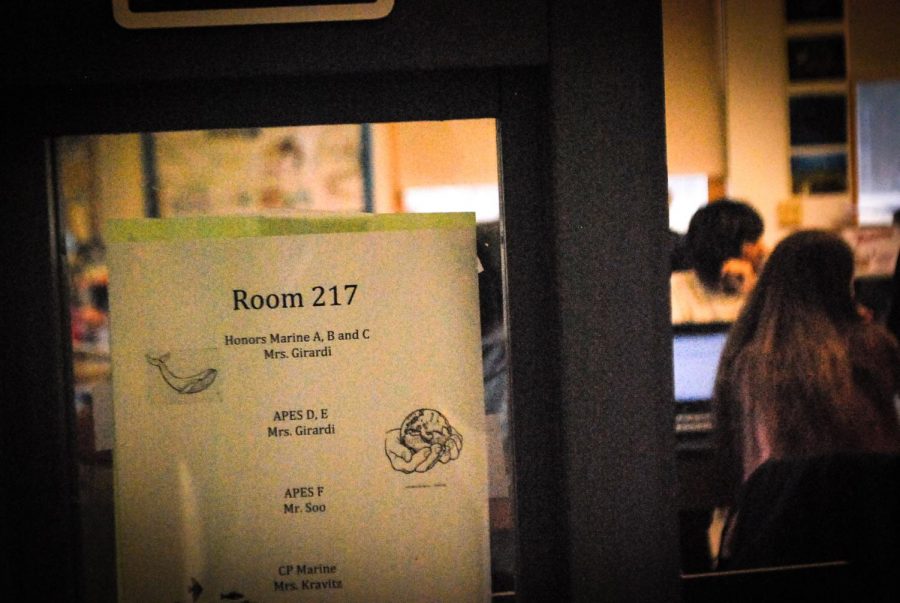
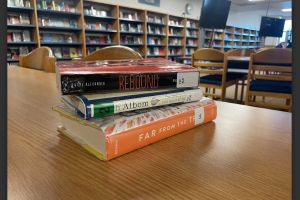

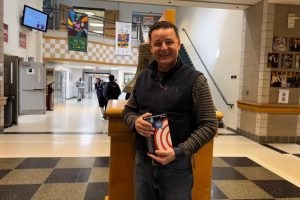
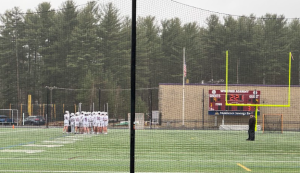
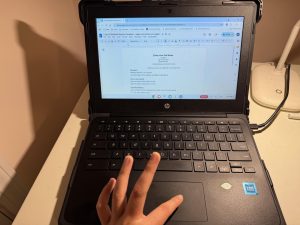

Robert • Mar 29, 2018 at 9:16 am
Wrong floor my dude